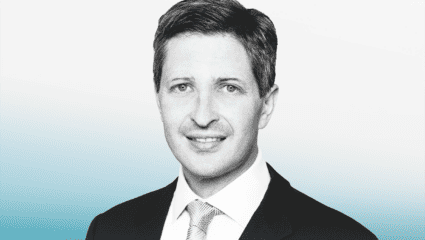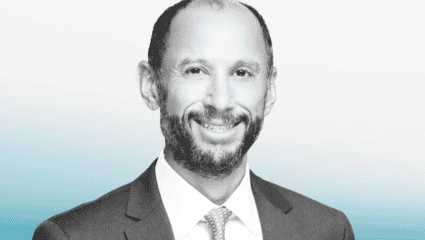Exit Ramp: Cambridge Mobile's Blend of Fintech, Telematics May Draw Suitors

Cambridge, Mass.-based Cambridge Mobile Telematics Inc. sits at the intersection of two bustling industries, telematics and financial technology.
Cambridge Mobile, or CMT, provides data about vehicles to insurers to better gauge risk, set prices, quickly assess claims and so forth. The company has been self-funding since its inception more than a decade ago, one source said. After acquiring TrueMotion Inc. in 2021, Cambridge Mobile Telematics has the pole position in this data-driven automotive financial niche.
Meanwhile, SoftBank Vision Fund LP, which backed the company in 2018, has looked to exit some of its investments related to connected cars. If Masa Son chose to divest the stake, Cambridge Mobile could could be a candidate for an IPO as CEO Bill Powers has hinted in the past. The company, too, could attract multiple possible suitors — fintech companies, data mongers such as Alphabet Inc.’s (GOOGL) Google or Amazon.com Inc. (AMZN) or telematics powerhouse Verizon Communications Inc. (VZ).
Founded in 2010 by Massachusetts Institute of Technology professors Hari Blakrishnan and Sam Madden and CEO Bill Powers, Cambridge Mobile has partnerships with 21 of the top 25 U.S. insurers, including State Farm Mutual Automobile Insurance Co., Liberty Mutual Group Inc., Farmers Insurance Group, Travelers Cos. (TRV) and Nationwide Financial Services Inc. Following SoftBank Vision Fund’s investment, Balakrishnan told The Deal that the technology can give drivers an incentive to improve.
The company’s technology can track driver behavior through an app and a peel-and-stick sensor, among other means. Cambridge Mobile is a leader in usage-based insurance, or UBI, which aims to make insurance costs more accurate and fair in an industry that has used data such as credit scores to gauge a driver’s risk.
The service can detect speeding, hard breaking and other factors to assess risk and provide feedback to drivers. Moreover, the technology can help detect and reconstruct circumstances of a crash.
Editor’s note: The original version of this article was published on June 6, 2022, on The Deal’s premium subscription website. For access, log in to TheDeal.com or use the form below to request a free trial.
This Content is Only for The Deal Subscribers
If you’re already a subscriber, log in to view this article here.



